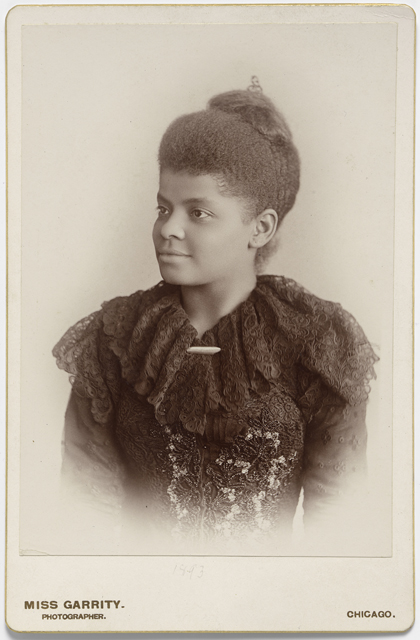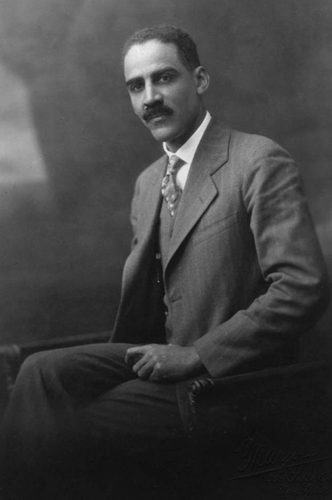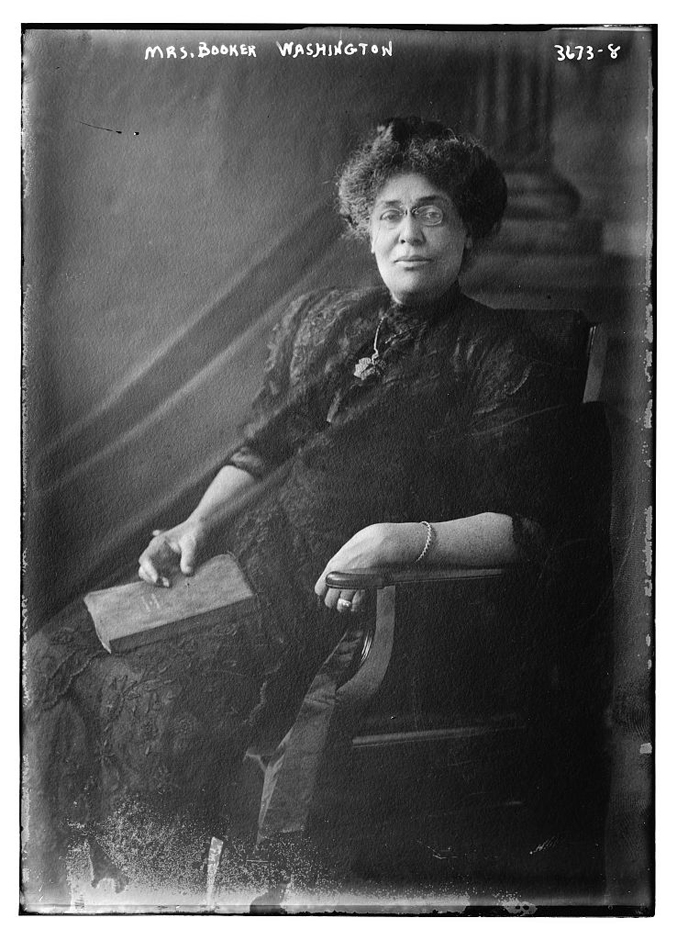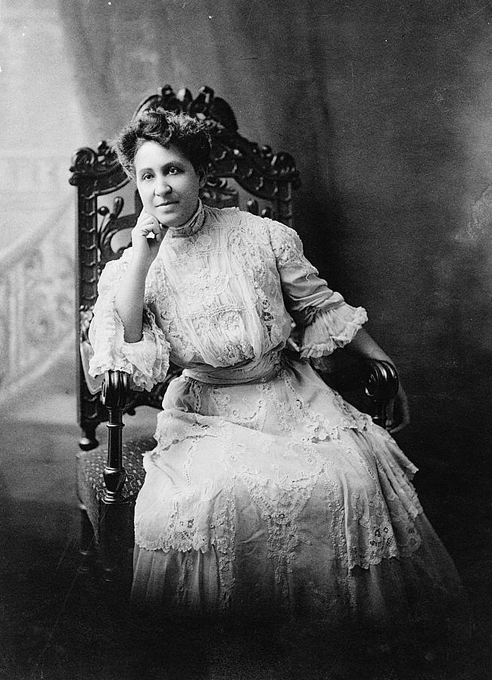African American Social Welfare Pioneers Exhibit in the Social Work Library, Spring 2020

In celebration of Social Work Month, the Social Work library is displaying an exhibit called “Lifting As We Climb: African American Social Welfare Pioneers of the Progressive Era” through the end of March. Coordinated by Abby Heingartner, Social Work Library Supervisor, the exhibit is based on the book “African American Leadership: An Empowerment Tradition in Social Welfare History” edited by Iris B. Carlton-LaNey, and it includes profiles of 14 individuals. NOTE: As of 3-24-20, this exhibit is available online.

African Americans are often excluded from courses and scholarship about the history of social work, despite the profound impact they have had on the field. The individuals in this exhibit represent many different approaches to social work. Some, like Eugene Kinckle Jones, Mary Church Terrell, Marcus Garvey, and Victoria Earle Matthews helped lead organizations that promoted African American empowerment and uplift. Others, including Sarah Collins Fernandis and Birdye Henrietta Haynes, focused more on direct service delivery. Many could be described as activists, and many used journalism and public speaking as a means of spreading their message. International travel was an important part of the work of both Ida B. Wells-Barnett and Thyra J. Edwards.

What these people all have in common is their dedication and perseverance in the face of racism, prejudice, lack of resources, and sometimes outright hostility.
Please stop by the Social Work Library before the end of March to learn about their stories and the contributions they made to the field of social work.
